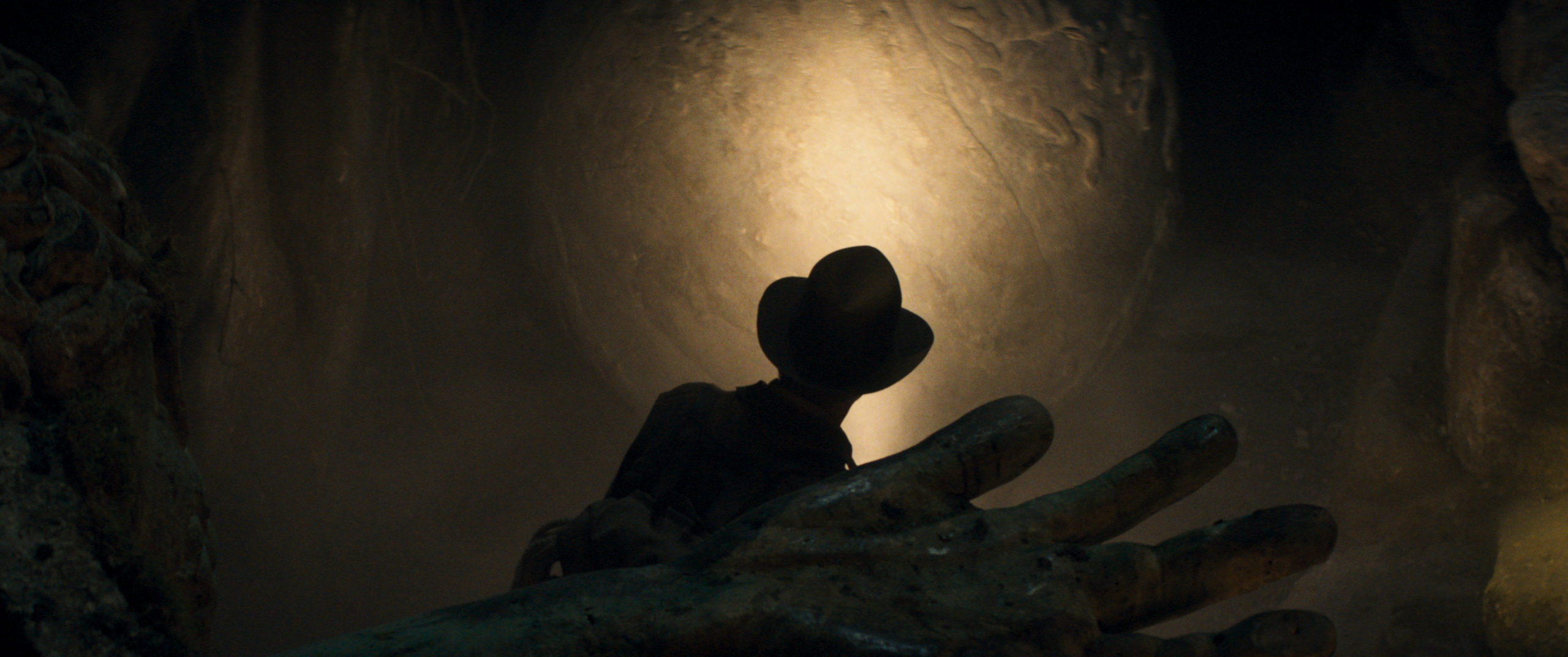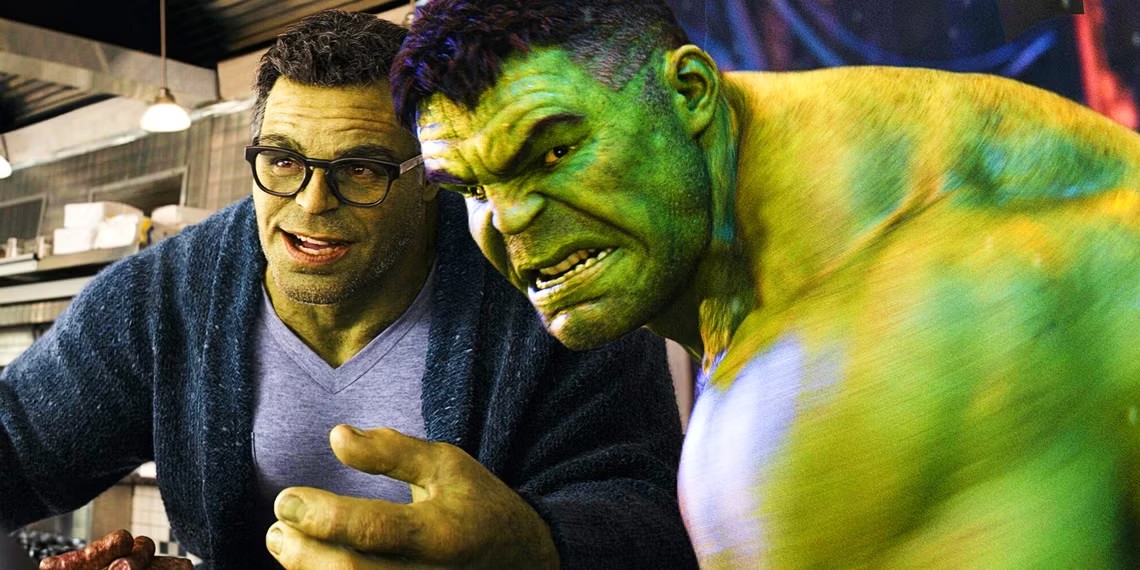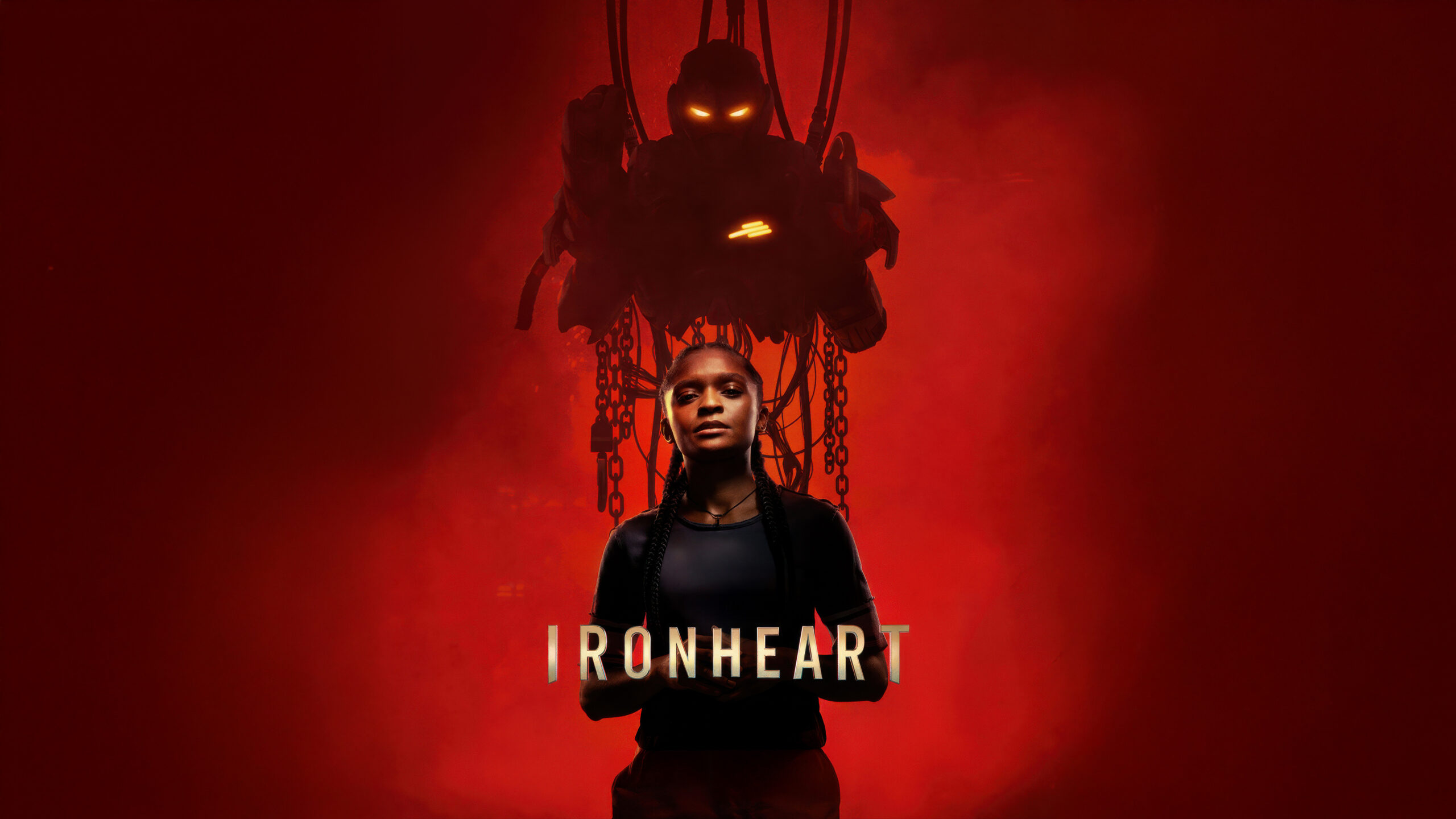
As a fellow female in this small world, I can easily concur that women are subjected to typical female roles and pressured by both family and society to conform to their expectations. This is precisely why many women have some sort of crisis within and question who they are and what they truly want because most of the time, we are like the Stepford Wives; following societal norms. Costa Rican writer-director, Antonella Sudasassi Furniss highlights this very subject in her first feature, Hormigas.
Set in the Costa Rican countryside, the film is based a young mother, who is conflicted between her own desires and ambitions, and doing what’s right by her sweet, but traditional husband and two young daughters. We had the pleasure of sitting down with the inspiring director to talk about her film, how well if has been received thus far, her aspirations, and best advice to other filmmakers. There is no doubt that this is the first of many films ahead for Sudasassi Furniss.
LRM: Tell me, how has the film been received so far here at Berlinale?
Antonella Sudasassi Furniss: Well, it has been great. I’m very thankful because we premiered just last night. There was a very warm reception. People were extremely interested, asking questions, commenting on the film. We got not enough time, so we went outside and they kept coming and they said, “I like your movie, it meant a lot for me.” You know and that’s the reason why you make movies.
LRM: Was it mostly women that came up to you that asked about that?
Antonella Sudasassi Furniss: Both. It was very, very interesting how it also … I mean, like the part of the husband in the movie is quite little, but very significant in a way because men also relate to him because they don’t feel as bad men. I mean, he is not a bad man, he is just doing things that are usual for husbands, but he doesn’t realize it, because it’s what he’s used to do. There was this one guy that actually told me, “I really like that Osiris is just like me, because I could relate so much to him. But, I realized that there are many things in my life that I do wrong and I should correct.” I’m like, “Really?” (laughs)
LRM: Just by watching the film? That’s great!
Antonella Sudasassi Furniss: Just by watching the film, and I’m, wow. That’s way too much. But yeah, and a lot of people both women and men came to me just to say … I don’t know … they received the film very well and they understood the film quite well.
LRM: Did you make the film in the hopes it would have this kind of reaction? Why did you choose to make this film? What did you hope people would take away from it?
Antonella Sudasassi Furniss: I hope they take away questions. Like they can relate somehow to Isabel, not because they live precisely in that situation, but because I think everybody, every person in the world has made wrong decisions or have postponed decisions because they are thinking too much of others’ expectations. So that’s the thing, many times we don’t think about what we really want, we just act upon our secret circumstances. Just like Isabel and Osiris they just lead their lives, but at one point they have to question what they really want, and not think about others’ expectations on them.
LRM: Has there been a point in your life that you’ve questioned this of yourself?
Antonella Sudasassi Furniss: Every time! Every day! I mean, that’s thing, even deciding to get married, to have children, or not. To dedicate myself to film or not, because living out of film in Costa Rica is impossible. So you have to fight constantly, and then you say … people ask you, “Why do you still do that? It’s so hard. Why don’t you do something else?” And I know I could do something else, but you know it’s like you are always questioning yourself on what you really want to do.
LRM: And those male and female traditional roles are very much still alive and kicking in Costa Rica, and I think in Latin cultures, right?
Antonella Sudasassi Furniss: I think people changing everywhere, but when you say, “It’s so traditional.” Yes, it could be, but it’s also happening everywhere. It’s not only Costa Rica or Latin America, it’s also here, I’ve seen it in Spain, I’ve seen it in Italy, I’ve seen it even in Germany. There are many things that are still done out of tradition. Not with bad intentions, but out of tradition. People don’t even think about them because they don’t feel that they are bad. You know? We tend to follow sometimes, and repeat instead of question and decide what to do. I mean for the least important thing in our lives, like drink this water, or drink the other, or we just drink this because it’s what we naturally do. Putting a stupid mistake, a dumb example, I’m sorry. We tend to lose backs constantly, like we just follow. This bigger question in the film …
That’s sort of the thing, sometimes we just … I mean if you are a mother, you have to educate some other person, you have to decide what kind of person you want them to become, and how you want to teach them. Much of the teaching is taught through love. So in that way I believe love is also a political act. You know? Learning to love.
LRM: What was your upbringing like?
Antonella Sudasassi Furniss: I come from a huge family. I mean seriously, my grandmother had 11 children, my other grandmother had 7, and my mother has 5, so I’ve been always surrounded by many mothers. (laughs)
LRM: So you know how it goes. (laughs)
Antonella Sudasassi Furniss: You never know until you live it.
LRM: Has your family seen the movie yet?
Antonella Sudasassi Furniss: My mother was here for the premier.
LRM: And what was her reaction?
Antonella Sudasassi Furniss: I was very scared, especially because there are two sex scenes, and there’s the masturbation scene. You know? These are topics that we have been discussing mostly lately because she knows that I’m dealing with the subjects on the films that I’ve done. But, I was scared quite honestly, and she got it perfectly right to the point. She understood everything. She said, “You’re really, really brave.” She actually gave a speech which I was almost crying and she said, “I believe in you, and you’ve always, since day one, you were questioning me as a mother because you always thought, I don’t know, you always had an idea of what should be right, and you were always questioning me. That helped me grow, be a better mother.” So it was-
LRM: I’m sure everybody was crying in the audience. Oh, that’s so special for a mother to acknowledge, and thank you in return.
Antonella Sudasassi Furniss: It’s amazing.
LRM: What have been some of your struggles and victories as a female filmmaker?
Antonella Sudasassi Furniss: I mean, I come from Costa Rica, so in Costa Rica there’s almost no industry. It’s very in baby diapers, it’s barely coming to life. We’re doing around 10-12 movies a year, which is way more because when I was starting, we only had in our history, 12 movies.
So that’s like a huge step. We don’t have a cinema law, we don’t have special funding, I mean like, small funding now exists, but it comes from a film institute’s budget. From their own budget they’re just giving things. It’s not that it’s regulated by a law, or it doesn’t have … And so if the director of the institute changes and doesn’t want to use his budget for that, then it will stop existing. In that sense it’s really hard to make movies. Mostly the challenges have come, not because of my gender, but because of the challenges that it represents to make movies in such a small market, with such small opportunities of getting funding.
There’s a very particular thing in Costa Rica, that there’s a lot of women creating films, like doing films, which is why I’ve never felt like because of being a woman, it’s hard for me to make films, because I cannot access stuff. There’s a lot of women doing films in Costa Rica, and we have been able to travel around. Just recently Alexandra Latishev with Medea, I don’t know if you’ve heard of it. The thing is, there’s a lot of women directing, which is amazing.
LRM: Yeah. It’s surprising but wonderful.
Antonella Sudasassi Furniss: It’s extremely surprising. People ask me, “Why?” And I really don’t know. We do have, I mean there’s probably education opportunities. We don’t even have film schools until very recently. So people were making films even if it didn’t exist a possibility to study film in the country. I guess, yeah, it would be empowering women since we are kids.
LRM: What has been a defining moment in your life? At what point did you say, or maybe decide that you want to make films or something, you know inspire you?
Antonella Sudasassi Furniss: I guess I’ve been telling stories in different ways for many years already, because I started in different … I mean I guess I paint, I painted, I write. There was always a part of me that wanted to tell stories. So in that sense, when I found cinema, because I wasn’t that sure at the beginning, I didn’t even know what to study. I really was lost in the clouds. I could study anything, and everything was, “Okay, I like it.”
I found cinema because a group of friends, we studied communication, and when we were there, we were like, “We have to get out of the University and start doing things, because we are not going to learn what we want here at the University.” Because it wasn’t a film school, it was communication, which I really appreciate because it gave me a powerful background, but we started making things. That’s how we learned. I mean we just said, “Let’s do it.” We started doing short films, and then in one short film I was the camera, in another one I was art department, in the other one I was editing. So we learned like that.
LRM: That’s amazing. And so how many years ago was that until you got to this point?
Antonella Sudasassi Furniss: That was when I was studying, so it must have been 2004, 2008, 10.
LRM: Wow. Did you ever imagine you would come to this point?
Antonella Sudasassi Furniss: No, never. I wished it, so yes there’s always the dream, you know? And I actually … It means a little bit more to me because I already lived here in Berlin, and I knew the Berlinale and audience. I was here buying tickets and making the lines, and freezing myself because I wanted to see a movie from I don’t know which country, from a director I probably didn’t even know. I was there as a public, I was here as a public, and now coming back with a film, it’s an amazing opportunity. Like, seriously.
LRM: What is your future goal? What else do you want to make?
Antonella Sudasassi Furniss: Future goal. I want to keep on doing films.
LRM: What kind of genres though? Is there a plan of action, or do you have a story in mind?
Antonella Sudasassi Furniss: Yes I do, but what I wanted to say before explaining the project I’m in right now, it’s like, I think it’s very hard because sometimes, you make your first feature film, and okay it goes well. Super. But raising the money, and having the funds for the second is even harder.
And especially if you do non-commercial things, it’s even harder because you cannot even get the fundings, because they privilege first feature filmmakers, and you cannot access the companies or the private money, because your films are not commercial, and they’ve already seen that they are not commercial. In that sense, it’s very hard.
Antonella Sudasassi Furniss: So my challenge right now is to do a second film. Like, seriously, I don’t know if it’s going to be harder or easier than doing the first. Hopefully, we can manage.
The project we’re in right now, it’s a documentary. The project is immersed in a transmedia project, told in three parts. A short film, a feature film, and a documentary. Each one tells the story of a woman in a different stage of their lives. So childhood, youth, and adulthood. So I’m doing the last part, which is the documentary about adulthood, and of course the topics that are going to be involved are, female sexuality again, and just what it is to be a woman of that age, at that time.
LRM: I love that you are focused on making a lot of female-driven films because it shows that you’re very much in tune with yourself as well.
Antonella Sudasassi Furniss: Thank you. And I do also have other projects. The documentary will be probably a docufiction that we’re going to work, is mostly thought of as a fiction, so it will take us quite a long time, probably. Then again, I’m curious, I really want to tell stories that make people rethink their surroundings, like what’s the most common thing they do every day? You know? Like the most daily and mundane stuff, that they never perceived as weird until you put a light on it. That’s it.
LRM: What is your best advice to other directors out there?
Antonella Sudasassi Furniss: Keep going. Seriously, for every yes that we got, we got like thousands of no’s. We did this film with our nails, with our pennies. We shoot the film with 45 thousand dollars, which is absolutely nothing, it’s the budget of a short film probably here in Europe. We received a lot of no’s. We actually started receiving some yeses, we received some yeses because we at the end, got some funding for doing the film, and then we got co-production, Spanish co-production. We did get some things, but along the way, we got a lot of no’s from many, many international funds. Even you get as many no’s, keep going. You have to tell your story, believe in it, and do it.
Don’t forget to share this post on your Facebook and Twitter using the buttons at the top! Or you can react to the post down below!

 FOR FANBOYS, BY FANBOYS
Have you checked out LRM Online’s official podcasts and videos on The Genreverse Podcast Network? Available on YouTube and all your favorite podcast apps, This multimedia empire includes The Daily CoG, Breaking Geek Radio: The Podcast, GeekScholars Movie News, Anime-Versal Review Podcast, and our Star Wars dedicated podcast The Cantina. Check it out by listening on all your favorite podcast apps, or watching on YouTube!
Subscribe on: Apple Podcasts | Spotify | SoundCloud | Stitcher | Google Play
FOR FANBOYS, BY FANBOYS
Have you checked out LRM Online’s official podcasts and videos on The Genreverse Podcast Network? Available on YouTube and all your favorite podcast apps, This multimedia empire includes The Daily CoG, Breaking Geek Radio: The Podcast, GeekScholars Movie News, Anime-Versal Review Podcast, and our Star Wars dedicated podcast The Cantina. Check it out by listening on all your favorite podcast apps, or watching on YouTube!
Subscribe on: Apple Podcasts | Spotify | SoundCloud | Stitcher | Google Play



